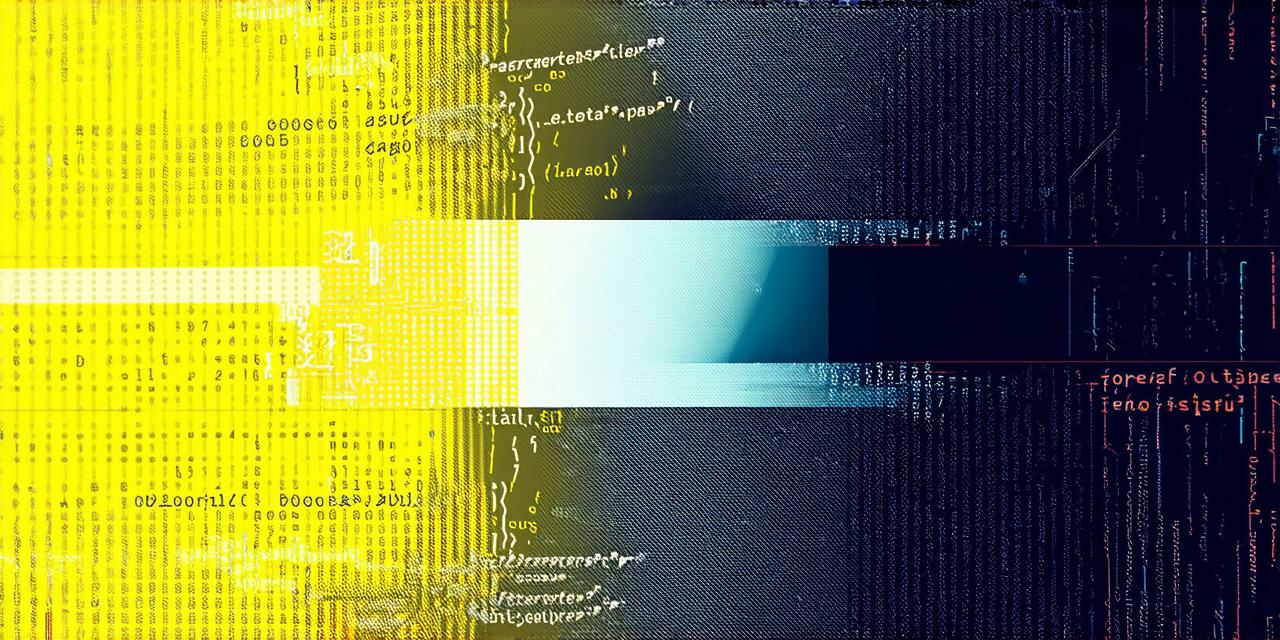In the dynamic world of web development, acing an interview is crucial to securing your dream job. Here are the top 50 questions you might encounter, along with insights and strategies to help you shine.
1. Tell us about yourself: A chance to showcase your passion for coding, projects, and achievements. Remember, keep it relevant and concise.
2. Why did you choose web development? Share your journey, the challenges you’ve overcome, and what excites you about this field.
3. What is your favorite programming language and why? Be ready to discuss its strengths, weaknesses, and when it’s best used.
Before diving into the next questions, let’s clarify the differences between HTML, CSS, and JavaScript:
- HTML: Hypertext Markup Language is used to create the structure of web pages.
- CSS: Cascading Style Sheets are used to style and layout web pages.
- JavaScript: A programming language used to add interactivity and dynamic behavior to web pages.
4. What is responsive design, and why is it important? Discuss how you ensure websites look great on various devices.
When solving a difficult coding problem, share your thought process, the solution, and what you learned from the experience:
6. Describe a time when you had to solve a difficult coding problem. Share your thought process, the solution, and what you learned from the experience.
7. How do you handle version control with Git? Explain your workflow, best practices, and how you collaborate effectively in a team.
AJAX stands for Asynchronous JavaScript and XML. It allows web pages to be updated without reloading the entire page:
8. What is AJAX, and can you provide an example of its use? Showcase your understanding of asynchronous data retrieval.

9. What is the Document Object Model (DOM)? Discuss its role in web development and how you manipulate it using JavaScript.
Cross-browser compatibility ensures that a website works seamlessly across different browsers:
10. What is cross-browser compatibility, and how do you ensure it? Share your strategies for making websites work seamlessly across different browsers.
…and so on, continuing with questions like:
What is the difference between HTTP and HTTPS?
Progressive enhancement ensures that a website remains functional and accessible even in older or less capable browsers:
What is the concept of progressive enhancement? Discuss how you would approach it.
How would you approach debugging a slow-loading webpage?
SQL and NoSQL databases are used to store and retrieve data for web applications:
What is your experience with databases (SQL, NoSQL)?
Can you discuss the importance of accessibility in web development?
How do you ensure the security of a web application?
Front-end frameworks like React, Angular, and Vue.js can help streamline the development process:
What are some popular front-end frameworks, and when would you use them?
Can you explain the role of APIs in web development?
What is your approach to testing and quality assurance?
How do you stay updated with the latest web development trends?
FAQs:
*Q: Why are these questions important?*
A: These questions test your technical skills, problem-solving abilities, and communication skills—all essential for a successful web developer.
*Q: How can I prepare for these questions?*
A: Practice coding problems, build personal projects, read relevant articles, and stay updated with the latest trends in web development.
